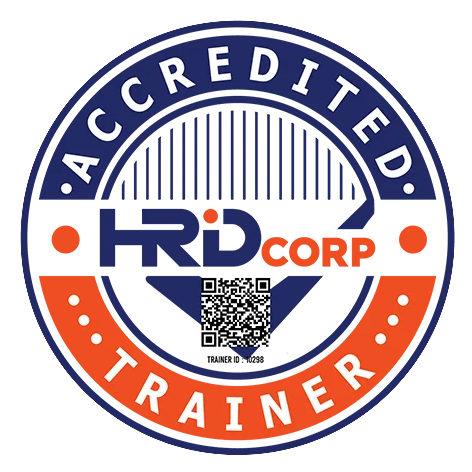


What is Leadership?
Leadership is the display of influence and a core capability that propels an organization forward. It doesn’t rely on positional authority, but rather on an individual’s vision, perspective, communication skills, and execution. True leadership can inspire people, unite teams, and foster cooperation, encouraging members to follow, take initiative, and maintain a sense of direction and drive when facing challenges.
Leadership is not a mere accumulation of single skills, but a comprehensive, integrated quality. It’s reflected in the strategic foresight to see the bigger picture, the insight to understand human nature, and the organizational ability to guide a collective forward.
At WE Academy, we deeply understand that a company’s sustainable growth depends not just on systems and processes, but on that “team spirit” that unites and motivates a group to strive together—and this is the core objective of our training. Through practical, hands-on leadership courses, we help companies discover and nurture influential talent. We build the spiritual core of the team from the ground up, enhancing organizational cultural identity and operational efficiency.
Team spirit is the soul. With team spirit, there is direction, strength, and a future.
WE Academy is the professional partner that helps companies awaken their “team spirit,” reshape leadership, and drive sustained organizational success.
(Malay/Chinese/English)
Private Corporate Training
Private corporate leadership training, our trainers will delve into the application and mindset of leadership based on your organization’s specific situation and goals. This is to help your company address pain points and challenges, empowering team members to reshape their leadership mindset and elevate their vision. The goal is to ignite the team’s fighting spirit, connect individuals for effective communication, and strengthen both sales and execution capabilities.



HRD Corp
WE Academy is an HRD Corp Claimable and HRD Corp Certified Trainer academy. Our trainers will combine the D.I.S.C. model with your organization’s specific requirements and goals. This approach provides a deeper learning and practical experience, helping your organization solve specific talent management and development challenges.
True Leadership
True leadership is about inspiring, not commanding; it’s about helping others succeed, not highlighting oneself. It’s reflected in subtle, daily choices—listening instead of lecturing, trusting instead of controlling, and empowering instead of ordering. A leader creates an environment where talent can grow and thrive.
The most powerful proof of this strength is a team that takes initiative without being told, unites spontaneously when faced with challenges, and achieves extraordinary things in ordinary circumstances. This isn’t accidental; it’s the result of a culture a leader has carefully nurtured.
Ultimately, true leadership transcends the individual, becoming a shared genetic code for the team. This allows every member to grow into a new leader, making excellence a legacy that can be passed down. This is the eternal value of the art of leadership.
Leadership Weakness
Many leaders are often trapped by their own weakness—using authority to replace respect, control to supersede trust, and pursuing perfection at the cost of limiting team growth. Even more insidious traps lie in daily habits: a perpetually dominant demeanor, listening only to agreeable voices, and getting lost in processes while ignoring people.
When you truly see the limitations of your own leadership style, you will understand the root cause of your team’s stagnation. This is the moment your team can awaken. It’s a critical turning point—shifting from a leadership style of “managing based on personal habits” to “leading for the team’s needs.”
True growth begins by facing your shortcomings and is achieved through continuous improvement. When you start to correct your flaws, your team will begin to break through. The most telling signs of leadership maturity are when your team functions better in your absence and when members feel empowered to speak their minds. The best leaders aren’t those who don’t make mistakes, but those who can grow with their teams and overcome every obstacle together.
The Keys to a Leader’s Success
Smart leaders understand this: Employees won’t risk everything for your goals, but they will go all out for their own growth. Therefore, they are skilled at translating the organization’s vision into personal value, replacing “I” with “we,” and “you must” with “what do you think?”
The most brilliant leaders often seem the least like leaders. They dare to show vulnerability, frequently saying, “I need your advice.” They cultivate successors, knowing that the more independent their team becomes, the more successful they are.
True leadership is most evident in your absence: when the team operates autonomously, when subordinates take initiative, and when your mindset is naturally passed on. This is the highest level of leadership.













